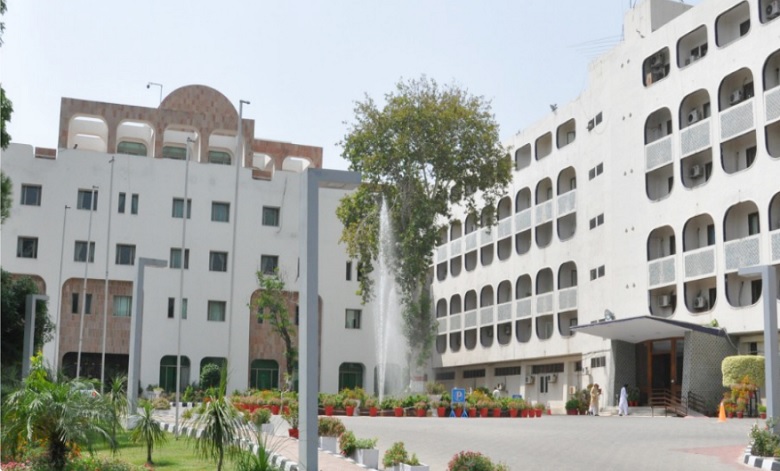ISLAMABAD, Pakistan: The Foreign Office on Monday summoned a senior Indian diplomat to convey Pakistan’s rejection of India’s baseless and fallacious contention regarding the Supreme Court of Pakistan’s verdict in a matter pertaining to Gilgit Baltistan.

It was clearly conveyed that the Indian claim over the occupied state of Jammu and Kashmir as an “integral part” of India had no legal basis whatsoever.
The entire state of Jammu and Kashmir is a “disputed” territory and is recognized as such by the international community.
The dispute, which is the longest outstanding item on the agenda of the UNSC, stemmed from India’s forcible and illegal occupation of the State of Jammu and Kashmir in 1947 in complete violation of international law and aspirations of the people of Jammu and Kashmir. No subsequent illegal and unilateral Indian actions could or have altered the status of Jammu and Kashmir as a disputed territory.
It was underscored that the only resolution of the Jammu and Kashmir dispute was faithful implementation of the relevant UNSC Resolutions that recognize the Kashmiris’ inalienable right to self-determination through the democratic method of free and impartial plebiscite under the UN auspices. Pending the resolution of the dispute, any unilateral Indian actions in IOJ&K were illegal.
In this regard, it was reiterated the Indian unilateral actions of August 5, 2019 and subsequent attempts to alter the demographic structure of Jammu and Kashmir, in violation of the 4th Geneva Convention, were illegal and in clear violation of the UNSC Resolutions.
It was also emphasized that the baseless Indian contention about Gilgit-Baltistan could neither cover up the atrocities being perpetrated by the Indian occupation forces against innocent, unarmed Kashmiris in IOK, nor could they succeed in diverting the attention of the international community from the Indian state terrorism and aggravating human rights situation in IOJ&K.
The Indian government was called upon to immediately reverse all of its illegal actions in IOJ&K including ending illegal occupation of the territory, and let the people of Jammu and Kashmir exercise their right to self-determination as enshrined in the UNSC Resolutions.
Reiterating Pakistan’s condemnation of the continuing grave human rights violations by Indian occupation forces in IOJ&K, India was called upon to lift restrictions and communication blackout, release illegally detained Kashmiri youth and incarcerated Kashmiri leadership, and withdraw draconian laws such as Armed Forces Special Powers Act (AFSPA) and Public safety Act (PSA) in IOJ&K.
